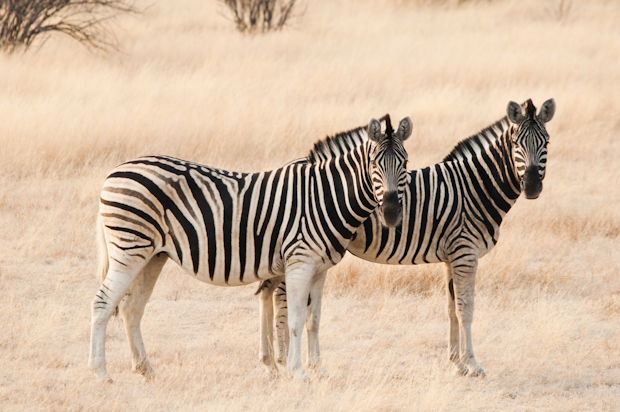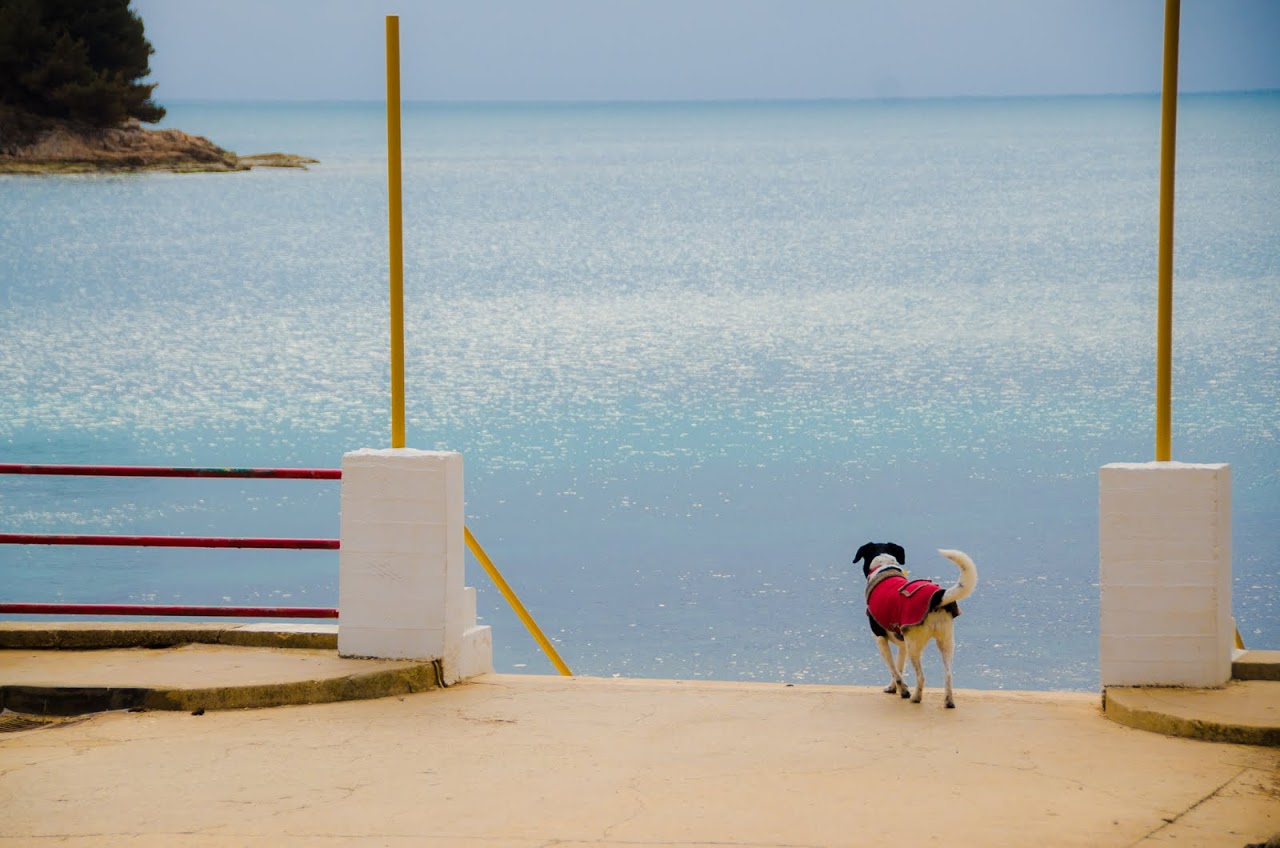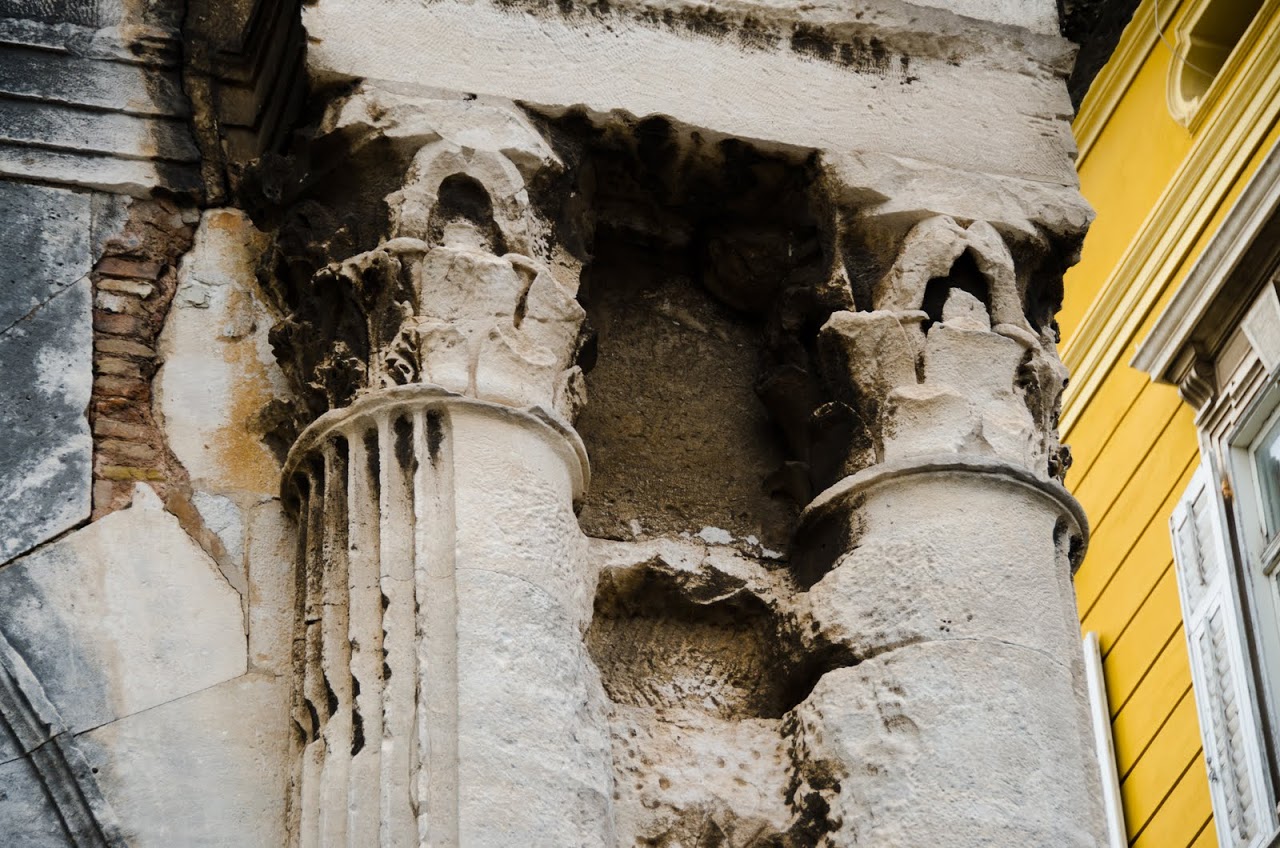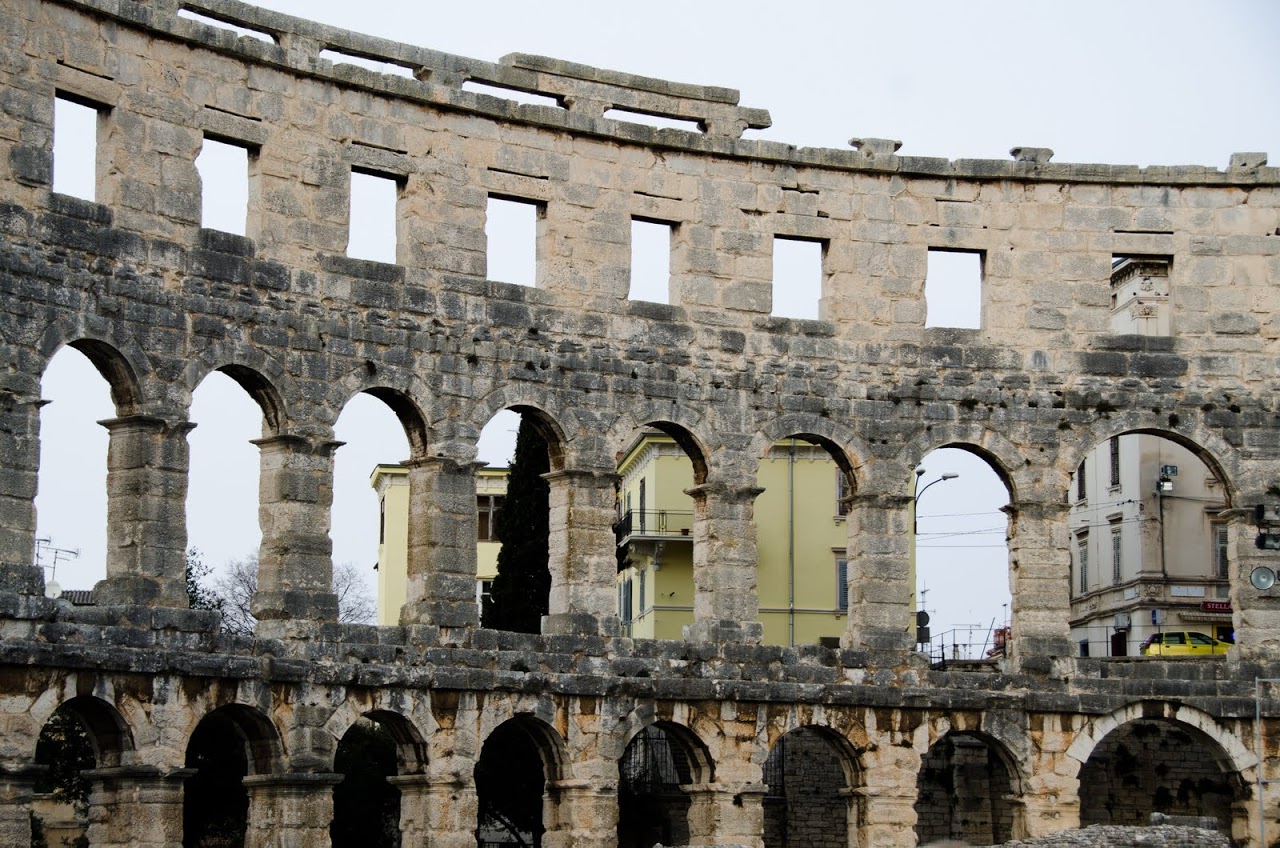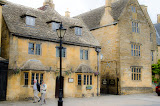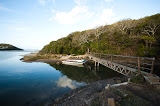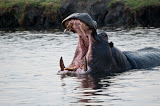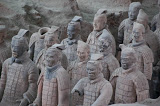We quit our jobs in September 2009 to see the world. Stow away on our journey.
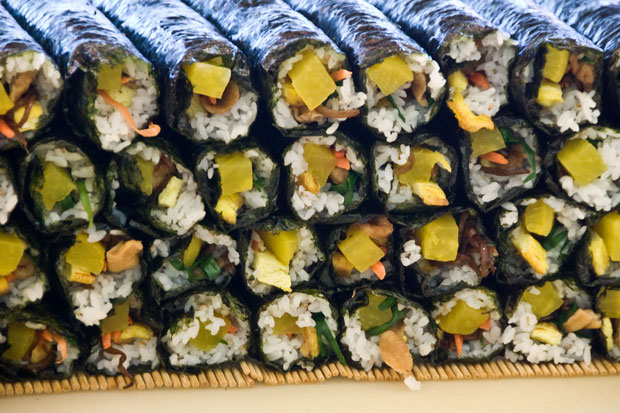 the transnational fast food theorem
the transnational fast food theorem
The deliciousness of chain restaurants is inversely related to the distance from its home location. South Korea was our proof.

Five Random Links from our
Blogroll
:
Almost Fearless
Man on the Lam
Mahanandi
Seat of Our Pants
David Lebovitz
Our
advertising
page lists pricing and options.
More information about the website
Contact us at theroadforks [at] gmail [dot] com
Copyright 2009-2014 Sunoptikos, LLC, "Seeing everything together." All rights reserved.
Design elements by

More information about the website
Contact us at theroadforks [at] gmail [dot] com
Copyright 2009-2014 Sunoptikos, LLC, "Seeing everything together." All rights reserved.
Design elements by





